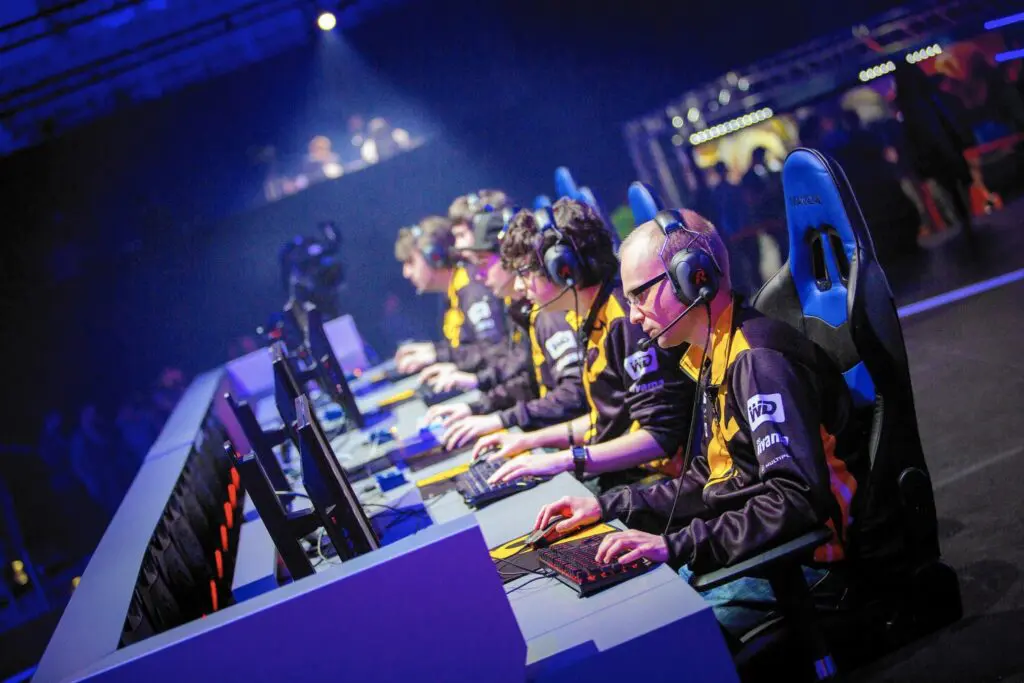Introduction
In the contemporary digital era, competitive gaming has transcended its humble beginnings to become a worldwide sensation. What was once considered a niche hobby has now evolved into a global phenomenon, capturing the attention of millions and revolutionizing the way we perceive sports and entertainment. The journey of eSports, from its grassroots origins to its current international acclaim, exemplifies the dynamic interplay between technology, community, and the thirst for competition in the modern world.
The Early Days
The roots of eSports can be traced back to the 1970s and 1980s, with the rise of arcade gaming and early computer-based competitions. Games such as Space Invaders, Pac-Man, and later, titles like Quake and StarCraft, laid the foundation for the competitive gaming culture. However, it wasn’t until the late 1990s that organized eSports events began to emerge, primarily in South Korea, where gaming communities flourished around titles like StarCraft: Brood War.
The Turning Point
The dawn of the new millennium witnessed a significant turning point for eSports, marked by the proliferation of high-speed internet and the development of sophisticated gaming platforms. This technological advancement, coupled with the emergence of new competitive titles like Dota 2, League of Legends, and Counter-Strike, propelled eSports into the mainstream. As online streaming platforms gained prominence, the accessibility and visibility of eSports skyrocketed, attracting a growing audience and fostering a sense of community among players and spectators alike.
The Rise of Professionalism
With increasing viewership and corporate interest, eSports transformed into a legitimate industry, paving the way for the rise of professional gamers, dedicated teams, and lucrative tournaments with substantial prize pools. Esports organizations began to invest in player training, infrastructure, and branding, mirroring the traditional sports model. The establishment of professional leagues, such as the Overwatch League and the League of Legends Championship Series, solidified the legitimacy of eSports as a competitive and viable career option.
Global Recognition and Mainstream Integration
Over time, eSports garnered recognition from mainstream media, sponsors, and even traditional sports organizations, further cementing its position as a global phenomenon. The inclusion of eSports as a medal event in the 2022 Asian Games and the continued collaboration with major brands and celebrities underscored the industry’s growing influence and relevance. The integration of eSports into educational curricula and the establishment of dedicated eSports arenas further exemplify the widespread acceptance and integration of gaming culture into various facets of society.
The Future of eSports
As technology continues to advance and the global gaming community expands, the future of eSports appears brighter than ever. With the advent of virtual reality, augmented reality, and 5G connectivity, the boundaries of competitive gaming are expected to expand, offering a more immersive and interactive experience for players and audiences alike. The continuous evolution of eSports will likely redefine the landscape of sports and entertainment, transcending geographical boundaries and cultural barriers to create a unified global community of gaming enthusiasts.
Conclusion
The evolution of eSports from a niche hobby to a global phenomenon is a testament to the power of technological innovation, community engagement, and the enduring spirit of competition. As eSports continues to make strides toward mainstream recognition and acceptance, it has effectively reshaped the narrative of modern-day sports and entertainment, serving as a beacon of inspiration for the digital generation and a symbol of the limitless possibilities that lie at the intersection of technology and human ingenuity.








